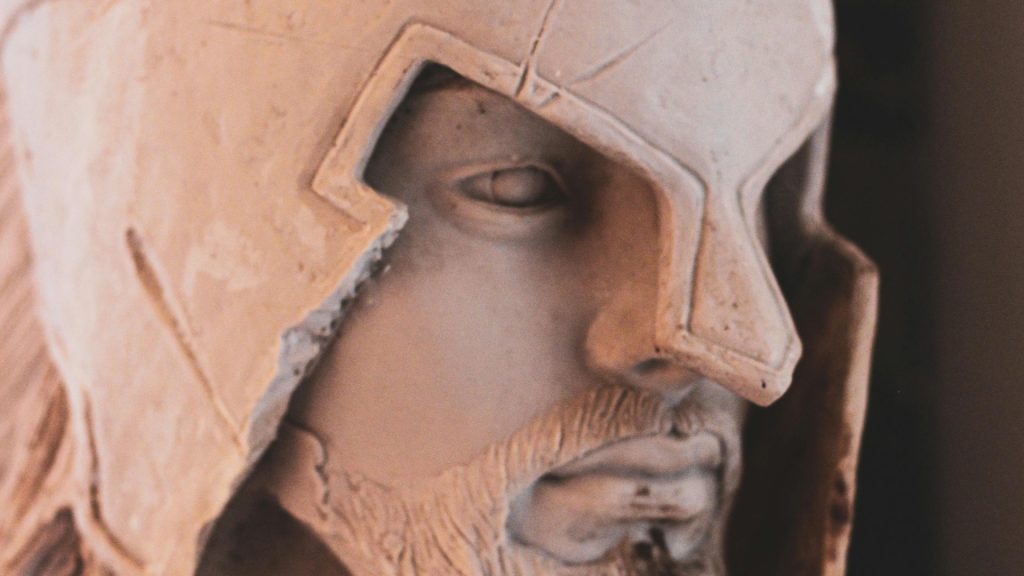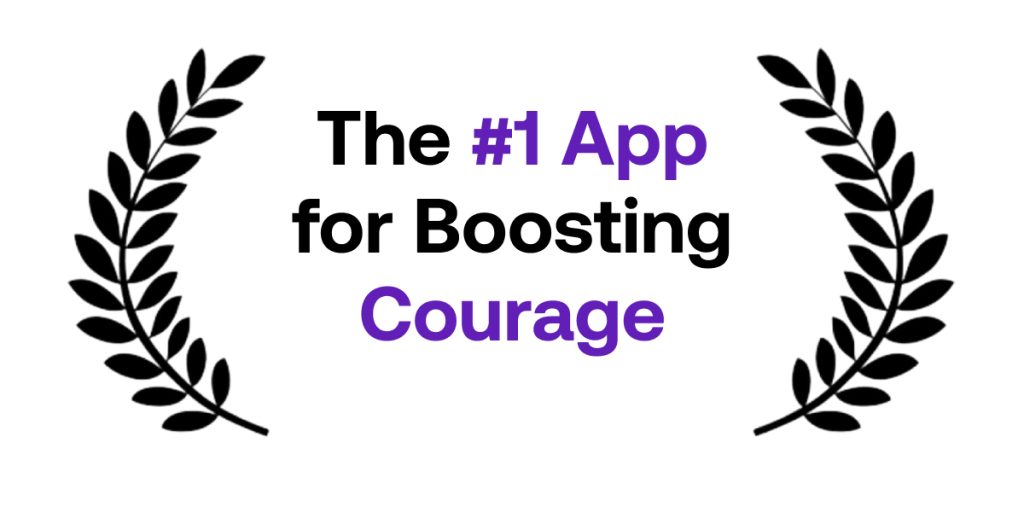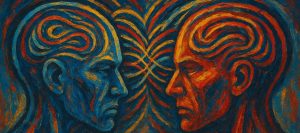For centuries, warriors from diverse cultures have explored the mental and emotional aspects of combat. From the measured calm of the samurai to the strategic brilliance of generals like Sun Tzu, ancient warriors understood that victory was as much about the mind as the body.
Today, modern psychology increasingly validates these insights, offering a fascinating intersection of historical wisdom and contemporary science.
1. The Warrior’s Mindset: Focus and Presence
Ancient warriors emphasized the importance of staying present. Miyamoto Musashi, the famed Japanese swordsman, wrote in The Book of Five Rings:
“You must understand that there is more than one path to the top of the mountain.”
This adaptability is rooted in mindfulness—a practice widely studied in modern psychology. Mindfulness involves staying grounded in the present moment, reducing anxiety about future outcomes or regrets over past decisions.
Studies have shown that mindfulness reduces stress, improves cognitive flexibility, and enhances performance under pressure. Special forces, athletes, and even surgeons now employ mindfulness techniques to maintain composure in high-stakes environments, echoing the focus ancient warriors honed through meditation and disciplined practice.
2. Resilience Under Pressure: Lessons from Stoicism
Marcus Aurelius, the Roman Emperor and Stoic philosopher, taught the principle of embracing adversity with calm resolve. He famously wrote:
“You have power over your mind—not outside events. Realize this, and you will find strength.”
Modern psychology recognizes this as cognitive reframing—the ability to reinterpret challenges as opportunities for growth. Resilience research highlights that a person’s mindset often determines their capacity to endure hardship. Ancient warriors, trained to see struggle as a test of character, embodied this principle long before psychologists formalized it.
Techniques such as stress inoculation training (SIT), which expose individuals to manageable levels of stress to build tolerance, parallel ancient methods of preparing for battle through rigorous training and controlled exposure to adversity.
3. Flow States and the Zone
Warriors across cultures, from the samurai to the Spartan hoplites, spoke of a state of heightened awareness during combat—a fusion of mind and body where action flowed effortlessly. Modern psychology calls this phenomenon a “flow state.”
Coined by psychologist Mihaly Csikszentmihalyi, flow describes moments when individuals become fully immersed in an activity, losing self-consciousness while performing at their peak. Martial artists often experience flow in sparring or kata, where muscle memory, mental clarity, and focus align perfectly.
Psychological studies reveal that flow states are achievable when tasks are challenging yet within one’s skill level, accompanied by clear goals and immediate feedback. These principles mirror the disciplined practice of ancient warriors, whose mastery allowed them to perform intuitively under pressure.
NEW! Put the principles from this article into practice with the free courage-boosting MaArtial app on the App Store for iOs and Play Store for Android.
4. The Role of Rituals in Mental Preparedness
Rituals were integral to the lives of ancient warriors, serving to calm the mind, instill confidence, and reinforce a sense of purpose. Samurai performed meditative tea ceremonies; Spartan warriors prepared for battle with shared chants and sacrifices.
Modern psychology understands these rituals as a form of mental priming. Rituals can reduce anxiety by creating a sense of predictability and control. A study from Harvard University found that performing rituals before a stressful task significantly reduced participants’ stress levels and improved performance.
Athletes, military personnel, and high-pressure professionals use similar techniques, from pre-game routines to visualizing success, to prepare for challenges—practices rooted in ancient warrior traditions.
5. Emotional Regulation and the Art of Control
Sun Tzu famously advised:
“If your opponent is temperamental, seek to irritate him.”
This statement underscores the importance of emotional regulation, both in combat and in life. Warriors trained to remain calm and unshaken, knowing that emotions like anger or fear could lead to fatal mistakes.
Modern neuroscience has revealed the mechanics behind this ancient wisdom. The amygdala, the brain’s fear and emotion center, can hijack rational thinking during high-stress situations. Techniques like deep breathing, visualization, and progressive muscle relaxation—practices familiar to martial arts traditions—help regulate the amygdala’s response, keeping the prefrontal cortex (the rational decision-making center) in control.
6. The Power of Visualization
Ancient warriors often visualized victory before engaging in combat. The Spartans envisioned glory and honor, while Zen-trained samurai visualized a duel’s outcome to anticipate their opponent’s moves.
Modern psychology refers to this as mental rehearsal, a powerful tool for improving performance. Studies on athletes and military personnel show that visualization activates the same neural pathways as physical practice, enhancing skills and confidence. This principle is widely used in modern training programs, from Olympic athletes visualizing their routines to soldiers mentally rehearsing complex maneuvers.
7. The Connection Between Philosophy and Psychology
Many ancient warriors followed philosophical systems that provided a moral and intellectual framework for their actions. Whether it was the Stoicism of Marcus Aurelius, the Taoism of Lao Tzu, or the Bushido code of the samurai, these philosophies emphasized self-control, humility, and the pursuit of mastery.
Modern psychology aligns with these teachings through concepts like intrinsic motivation and self-determination theory (SDT). SDT suggests that individuals are most fulfilled when they pursue goals aligned with their values, seek mastery, and maintain autonomy—principles deeply embedded in the warrior traditions.
The Timeless Wisdom of Warriors
The psychology of combat, as practiced by ancient warriors, continues to resonate in modern science and society. Their insights into focus, resilience, flow, and emotional control offer timeless lessons for navigating the challenges of the modern world.
By integrating the wisdom of Sun Tzu, Marcus Aurelius, and other warrior-philosophers with the findings of contemporary psychology, we can cultivate a mindset of strength, clarity, and adaptability. As the warriors of old might remind us, the greatest battles are often fought not on the battlefield, but within ourselves.














